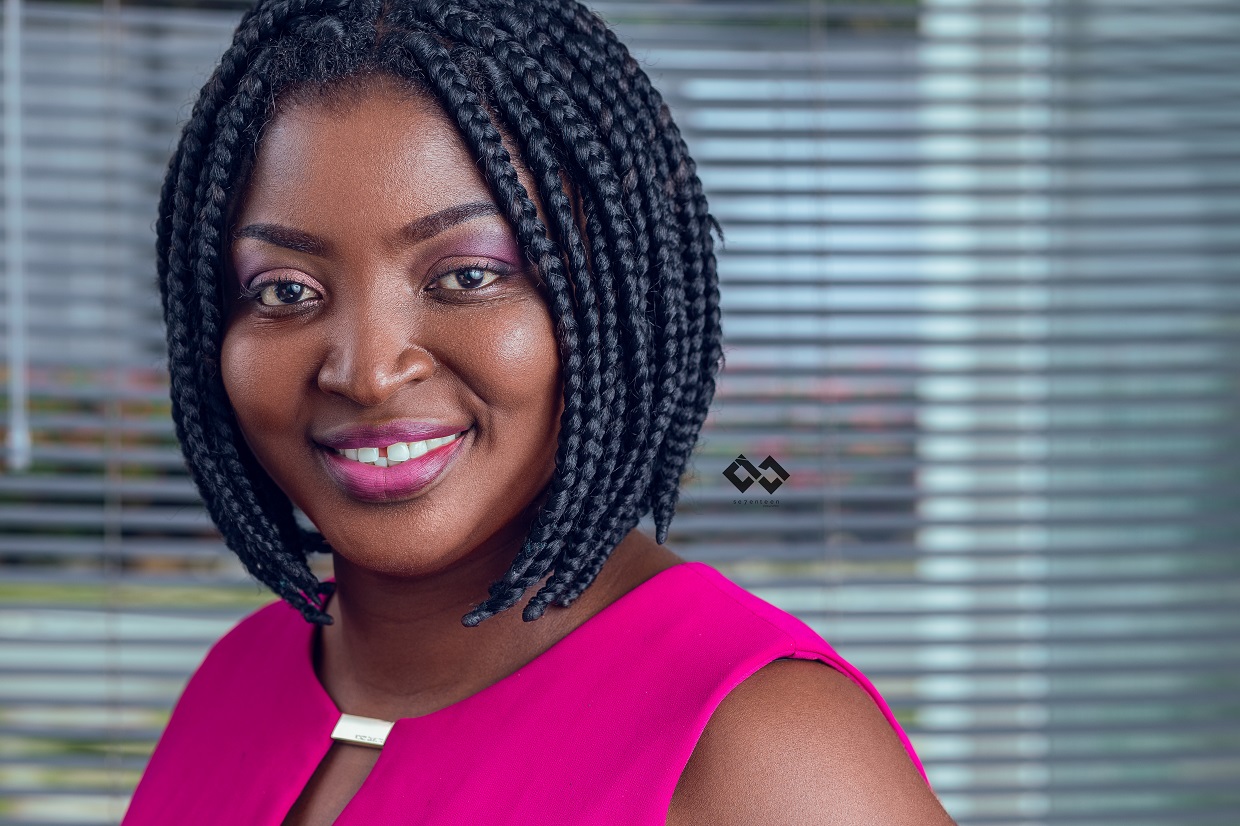“If one manages to see through the rough, the end result is wonderful.”
The founder of Ghana’s first women-led architecture firm, Nana Akua Birmeh, held onto this belief during the difficult first years of her venture. A graphic designer turned architect, she launched ArchXenus in 2011. Although there were many sceptics at the time, the firm grew along with the country’s economy.
In 2017 ArchXenus designed 53 projects with a total budget of about $140 million. Like law firms and private attorneys, architecture firms are not allowed to advertise in Ghana, but Birmeh is happy for their buildings to speak for them, saying, “Isn’t a building a far bigger billboard than any other?”
Nowadays ArchXenus is known not only for their designs but also for the company’s ‘child-friendly’ offices where it’s not unusual to see a toddler running down the passage with a nanny hot on their heels. (There is an on-site nursery and an area where older children can do their homework after school.) “The inclusive office is not a rejection of men. We are simply filling a gap. Having to care for your children while working is something women and men have to do,” Birmeh says.
Ghana’s economic growth has slowed somewhat since 2017. “Business has generally been rough for everyone from the contractor to the supplier to the client,” Birmeh says. “It has affected clients’ ability to pay on time and the usual stream of clientele is no longer in a position to start or finish projects.”
Therefore Birmeh has begun to look outside Ghana and to form longer-term relationships. “We now offer a package that goes beyond the basics and which builds a rapport with each client. They pay less, but we get more value and it’s consistent.”
While breaking glass ceilings and winning awards like the 2018 Africa Women Innovation and Entrepreneurship Forum Award in the Creative Industry category, Birmeh has another aim: “We don’t have any architectural firm in Ghana that has outlived its founder. It is sad. I want ArchXenus to be different, to outlive me and the people working here. Our children’s children should be able to see a thriving company that was built on the hard work of their mothers’ mothers and fathers’ fathers.”
Source: www.howwemadeitinafrica.com




